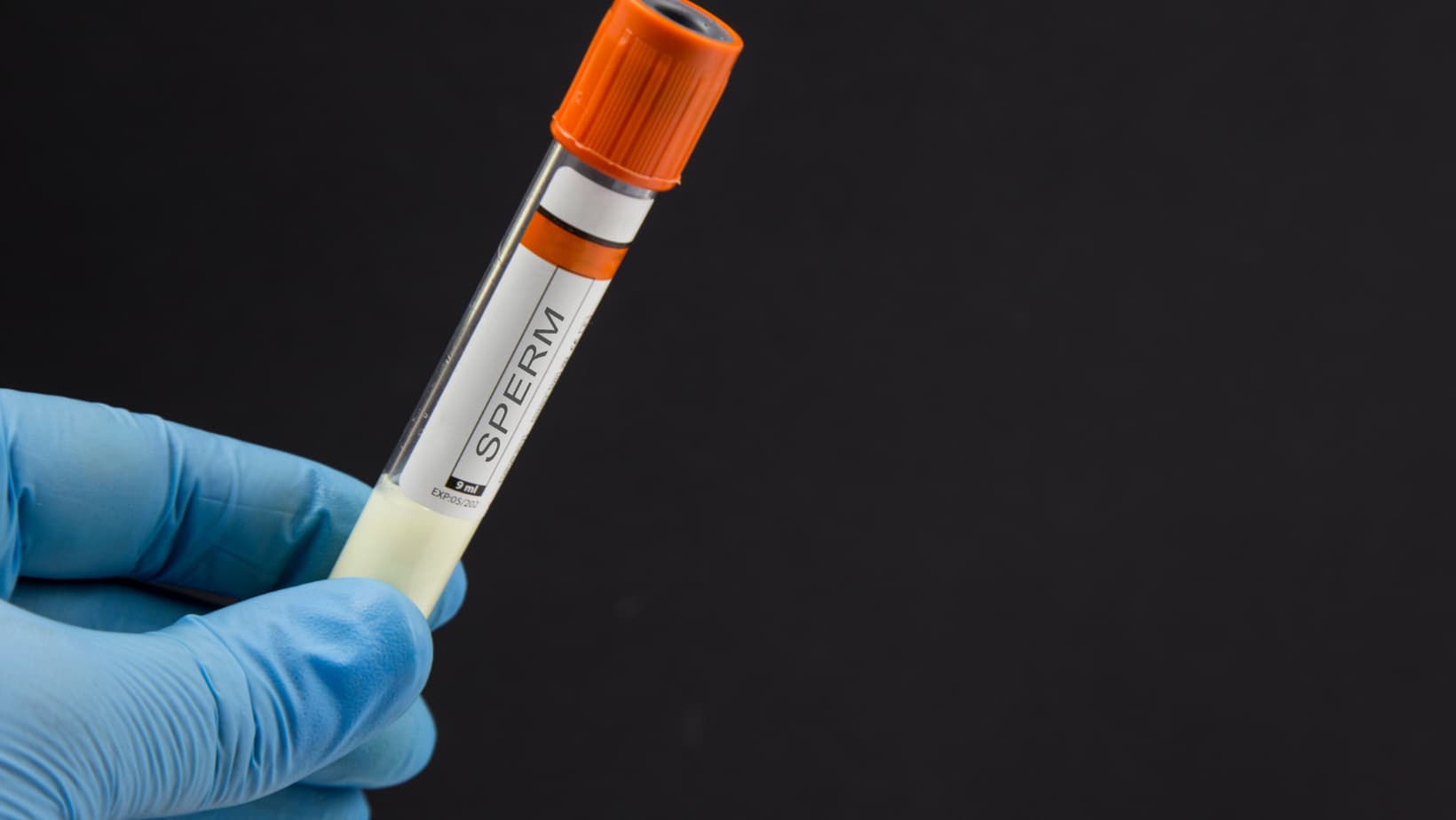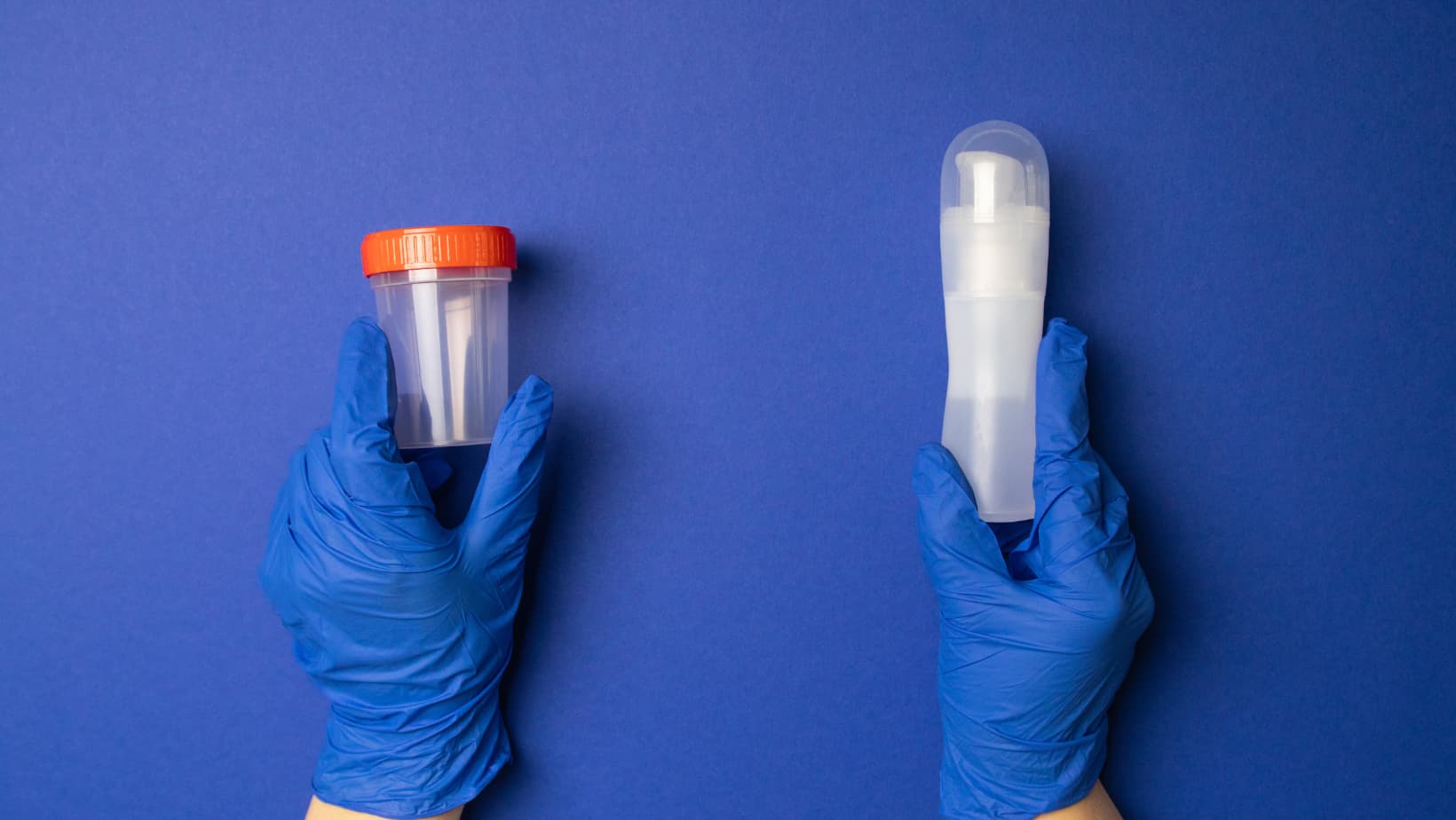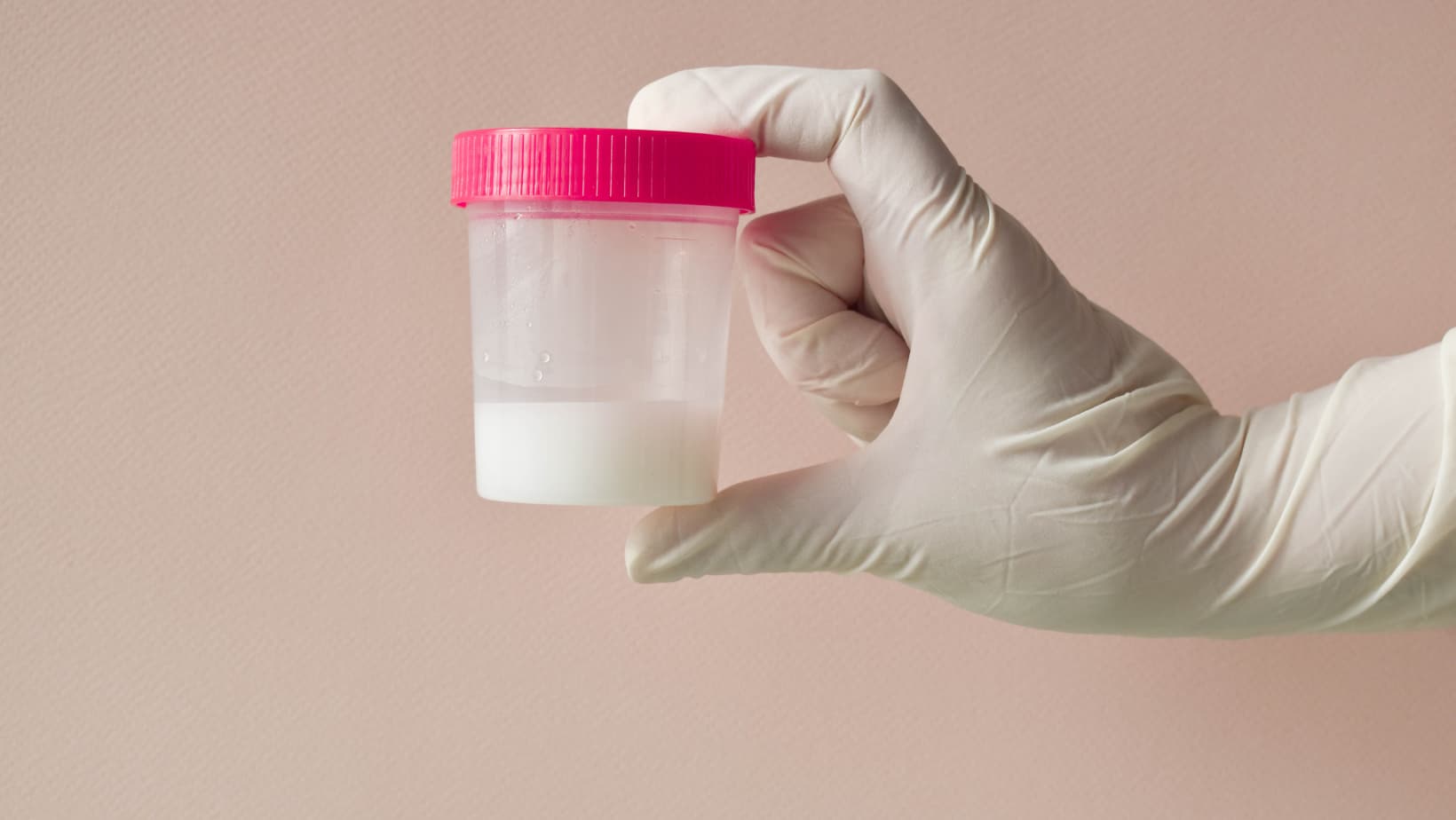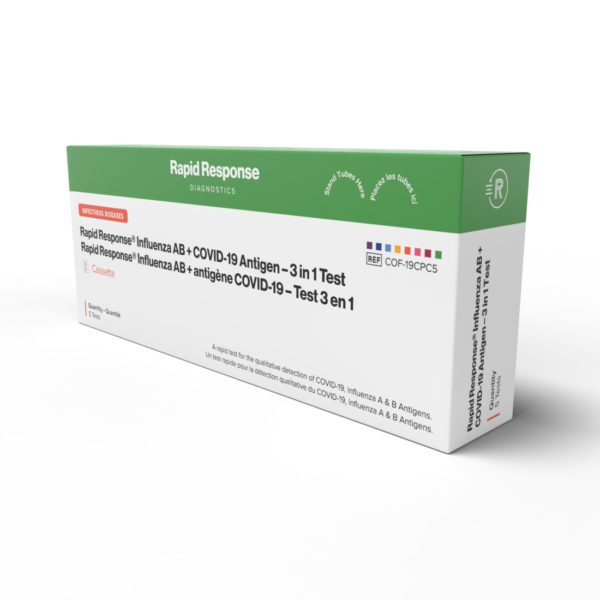For many couples, the inability to conceive can be a distressing experience that might affect their dreams of becoming parents.
One of the potential contributing factors for male infertility is low sperm count. It affects the chances of successfully fertilizing an egg and achieving pregnancy.
In this article, we will look into the common signs and symptoms associated with low sperm count, as well as the underlying causes that can lead to this condition.
Understanding these aspects is crucial so you can seek appropriate medical guidance and explore possible treatments as soon as possible.
What do you mean by low sperm count?
Low sperm count, also known as oligospermia, refers to a condition in which the semen produced by a man contains a lower number of sperm cells than the normal range.
While there is no strict cutoff point for defining low sperm count, a general guideline is having fewer than 15 million sperm per milliliter of semen.
Symptoms of low sperm count

While low sperm count may not present with obvious symptoms, there are certain signs that can indicate the presence of this condition. Here are some common symptoms to be aware of.
Difficulty conceiving
One of the primary symptoms of low sperm count is experiencing challenges in conceiving a child. If a couple has been actively trying to conceive for a while without success, it’s advisable for both partners to undergo fertility testing, including a semen analysis for the male partner.
Reduced sexual drive
In some cases, low sperm count may be accompanied by a decrease in sexual desire or libido. This can lessen sex frequency, which can affect the chances of conception
Changes in testicle size or shape
In certain instances, noticeable changes in shape or size of the testicles, such as shrinkage or swelling, may indicate low sperm count.
All of these symptoms can vary from person to person, and some may not experience any signs at all.
Consulting with a healthcare professional and undergoing appropriate testing is essential for an accurate diagnosis and understanding of your fertility health.
What causes low sperm count?

Low sperm count can have various causes, including medical, environmental, and lifestyle factors.
Here are the main categories of factors that can contribute to low sperm count.
Medical reasons
Several medical conditions can affect sperm production and lead to low sperm count. These include:
- Hormonal imbalances
- Infections such as epididymitis or sexually transmitted infections
- Varicocele (enlarged veins in the testicles)
- Genetic disorders, Certain medications
- Prior surgeries or treatments such as chemotherapy.
Environmental reasons
Environmental factors can have a significant impact on sperm production. Exposure to the following factors may decrease sperm quality and quantity:
- Exposure to toxins
- Chemicals
- Pollutants, such as:
- Pesticides
- Heavy metals
- Radiation
- Certain industrial chemicals
Lifestyle causes
Certain lifestyle choices and habits can contribute to low sperm count. These include:
- Excessive alcohol consumption: Heavy drinking can impair sperm production and quality.
- Tobacco smoking: Smoking has been linked to decreased sperm count, motility, and morphology.
- Drug use: Illicit drug use, such as marijuana or anabolic steroids, can negatively affect sperm production.
- Obesity: Being overweight or obese can disrupt hormonal balance and impact sperm production.
- Stress: Chronic stress can interfere with hormone production and fertility.
- Overheating the testicles: Frequent use of saunas, hot tubs, or wearing tight underwear may raise testicular temperature, affecting sperm production.
Risk factors:
Certain risk factors may increase the likelihood of low sperm count. These include ageing, exposure to high levels of radiation or chemotherapy, occupational hazards and having a history of undescended testicles.
Side effects of low sperm count
Here are some common symptoms side effects that come with low sperm count:
Problems with sexual function
Males with low sperm count may experience a decrease in sexual desire, often referred to as low sex drive. AdditionallyThey , they may also find it hardencounter difficulties in maintaining to maintain an erection, known as erectile dysfunction, which can affect sexual performance and fertility.
Testicular pain, swelling, or lump
Some people with low sperm count may experience discomfort in the testicle area. This can manifest as pain, swelling, or the presence of a lump. It’s essential to have any testicular abnormalities promptly examined by a healthcare professional.
Decreased facial or body hair
In certain cases, decreased facial or body hair growth may indicate low sperm count. This might be a sign of underlying chromosome or hormone abnormalities that can affect fertility.
It’s important to note that these symptoms may not be exclusive to low sperm count and can also be related to other health conditions.
If you experience any of these symptoms or have concerns about your fertility, it i’s advisable to consult with a healthcare professional or a fertility specialist for a comprehensive evaluation and appropriate guidance.
How low sperm count is diagnosed

Diagnosing low sperm count involves a comprehensive evaluation that includes a medical history assessment, physical examination, and laboratory tests. Here’s how the process goes.
1.The diagnosis begins with a detailed discussion of your medical history, including any previous fertility issues, sexual function problems, and potential factors that could affect sperm production. Your healthcare provider may inquire about lifestyle habits, medications, and underlying medical conditions that could contribute to low sperm count.
2.Next, they will conduct a physical examination, focusing on the genitals and testicles, to identify any abnormalities such as swelling, lumps or signs of infection. They will also assess secondary sexual characteristics, including body hair growth and signs of hormonal imbalances.
3.The most important diagnostic test for low sperm count is a semen analysis or sperm count test. This involves providing a semen sample through ejaculation. At-home sperm count test kits are an affordable alternative for laboratory-based testing.
4.If you choose to take the test in a healthcare setting, the sample is then sent to a laboratory for analysis. During the analysis, they will evaluate the following:
- Sperm count
- Sperm motility (movement)
- Sperm morphology (shape)
- Other parameters related to sperm health will be evaluated.
This information will help determine the severity of low sperm count and guide the appropriate treatment options.
After all these processes, we recommend that you consult with a healthcare professional or a fertility specialist for an accurate diagnosis. They can provide further guidance and recommendations based on your specific situation.
When should you see a doctor?
You should consider seeing a doctor if you’re going through or experiencing the following:
- You and your partner have been actively trying to conceive for a year without success.
- You have any concerns about your fertility or sexual health.
- You’re having troubles with performing sexually.
- You notice testicular pain or swelling.
- There are noticeable changes in your facial or body hair.
Can low sperm count be treated and prevented?

The treatment options for low sperm count depend on the underlying cause and severity of the condition. In some cases, lifestyle modifications may help improve sperm count. These include:
- Maintaining a healthy weight
- Quitting smoking
- Reducing alcohol consumption
- Managing stress, may help improve sperm count.
Medical interventions, such as hormonal therapies, surgical procedures, or assisted reproductive techniques, can also be considered in specific cases.
Not all cases of low sperm count can be completely cured, and individual responses to treatment may vary. Consulting with a healthcare professional or a fertility specialist is crucial to discuss personalized treatment options and strategies for prevention.
Takeaway
Low sperm count is a condition that can significantly impact male fertility and the ability to conceive.
Understanding the signs, causes, and effects of low sperm count is crucial for individuals and couples who are facing challenges in achieving pregnancy.
While low sperm count can be diagnosed through medical history assessment, physical examination, and semen analysis, the treatment options vary depending on the underlying cause and severity.
Lifestyle modifications, medical interventions, and assisted reproductive techniques may be recommended.
It’s important to consult with a healthcare professional or a fertility specialist for personalized guidance and support on the journey to overcoming low sperm count and achieving the dream of starting a family.























































